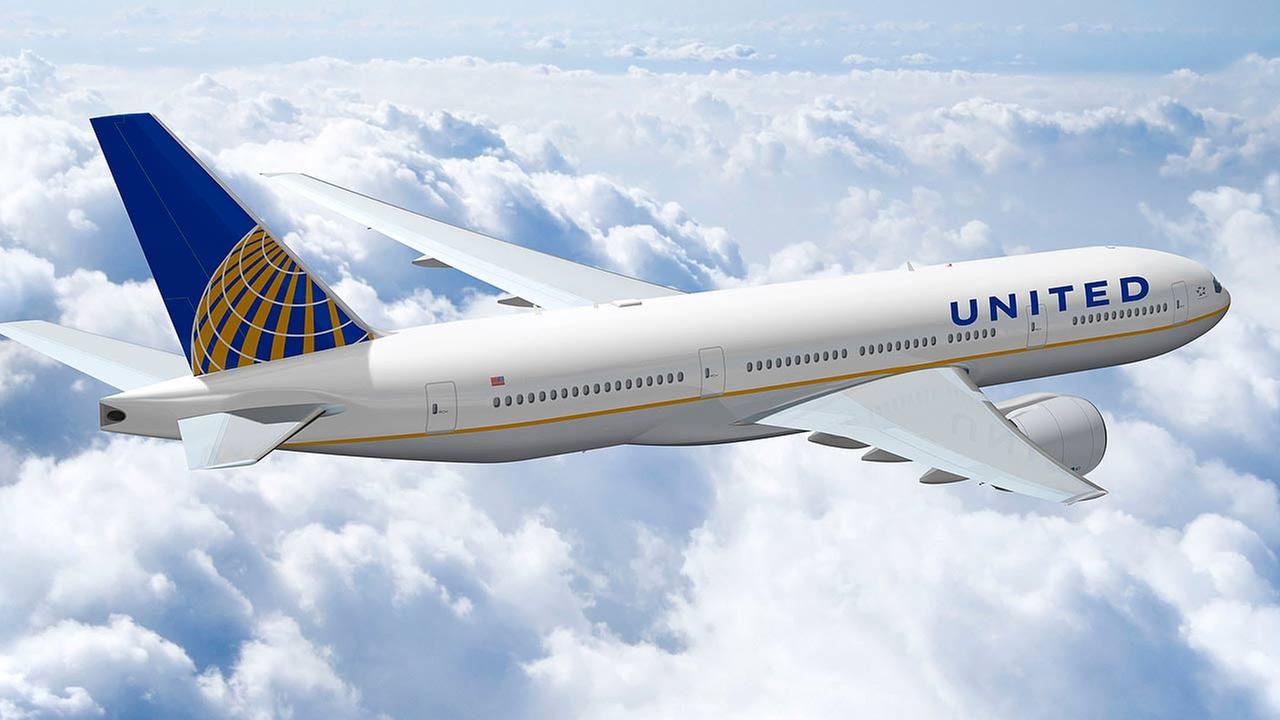United Airlines… A Disaster… of Decision Making
This past week we were treated to an amazing and horrible story about the bloodied 69 year-old United passenger who was dragged off his flight with a broken nose, concussion and broken teeth – all because he had been “bumped” by the airline at the last minute because United wanted to fly four crewmembers to another city. The next day, United’s stock dropped hundreds of millions of dollars in company value and customers around the world had one more doubt in their minds about flying these “friendly skies”. In these times, I find it interesting to look at the DECISIONS made by everyone and identify what each person or company could have done differently.
In other words, United didn’t have to lose millions of dollars and make the national news. United could have made better decisions.
United decided (firmly) that it needed the flexibility to create space for crew and so it made that policy public. All airlines state this policy. United decided much less firmly that it would offer vouchers to customers who were being “bumped” – but failed to consider “What if a customer doesn’t want to get off the plane?” This man was a doctor with patients scheduled to visit him the next day.
United decided to enforce policy on the cheap. United failed to consider this well-known fact: Customers can be bought. Had United offered a $1,000 voucher (or higher), I am certain a dozen hands would have shot skyward, volunteering immediately. What does a few hundred dollars (more) matter when, alternatively, the customer is the victim and will be telling everyone they know and posting to social media how rotten United is to their customers?
United decided to limit crew authority. Their personnel were obviously not authorized with decision-making power to prevent a disaster. If the staff had that power, they would not have allowed a 3rd party security contractor to forcibly remove this passenger and instead they would have negotiated with passengers in the best manner possible.
United decided to outsource problem-solving. The trend in outsourcing has reached damaging levels. United, like many companies, outsources nearly every component of what they deliver except the flying and the stewardship en route. In this case, airport security was called (wearing unauthorized “Police” jackets) wherein United made another very bad decision: They handed off their paying customer, who was NOT doing anything wrong, to a 3rd party rent-a-cop. In other words, United decided to put their relationship with a lifetime customer who is likely worth $200,000 in fares – in the hands of a $12 per hour security detail – who is trained to deal with unruly passengers – but not peaceful ones.
The effect of this event, long-term for United, is huge. They are not the friendly skies anymore. Everyone on that flight is forever changed in how they view United. It will take years of doing the right thing to overcome doing the wrong thing – once. United is reviewing all of the above, I am certain. You can do the same with decision-making skills that are featured in my new book, The Decision Makeover. A preview of Chapter 1 and other great decision making tools can be found on my web site at mikewhitaker.com.
Key Decision Lessons (supporting principles in The Decision Makeover):
- Rushed decisions are often poorly handled and lead to regret.
- A consequence review should have been considered before acting. More people should have huddled together and discussed the options they had in dealing with this passenger (and consequences of each option).
- Doing nothing is always an option. We sometimes forget that we can always find another way.
- The decision to forcibly remove a peaceful paying passenger violated United’s Prime Goal – and thus it was a Prime Decision. Prime goals are our TOP goals – the “biggies”! A decision that can affect a Prime Goal is a Prime Decision. As I write in my book, Prime Decisions should set off alarm bells in our mind. We must pause and figure out how to NOT violate a Prime Goal with the options we have. Getting a crew to another city by bumping a passenger is in conflict with the friendly skies – unless the passenger is willing to give up their seat. This only requires getting the passenger to change their current goal – which is a negotiation.
Every person and every company learns to make better decisions. Sometimes the learning is very costly.
To our good decisions,
Mike

